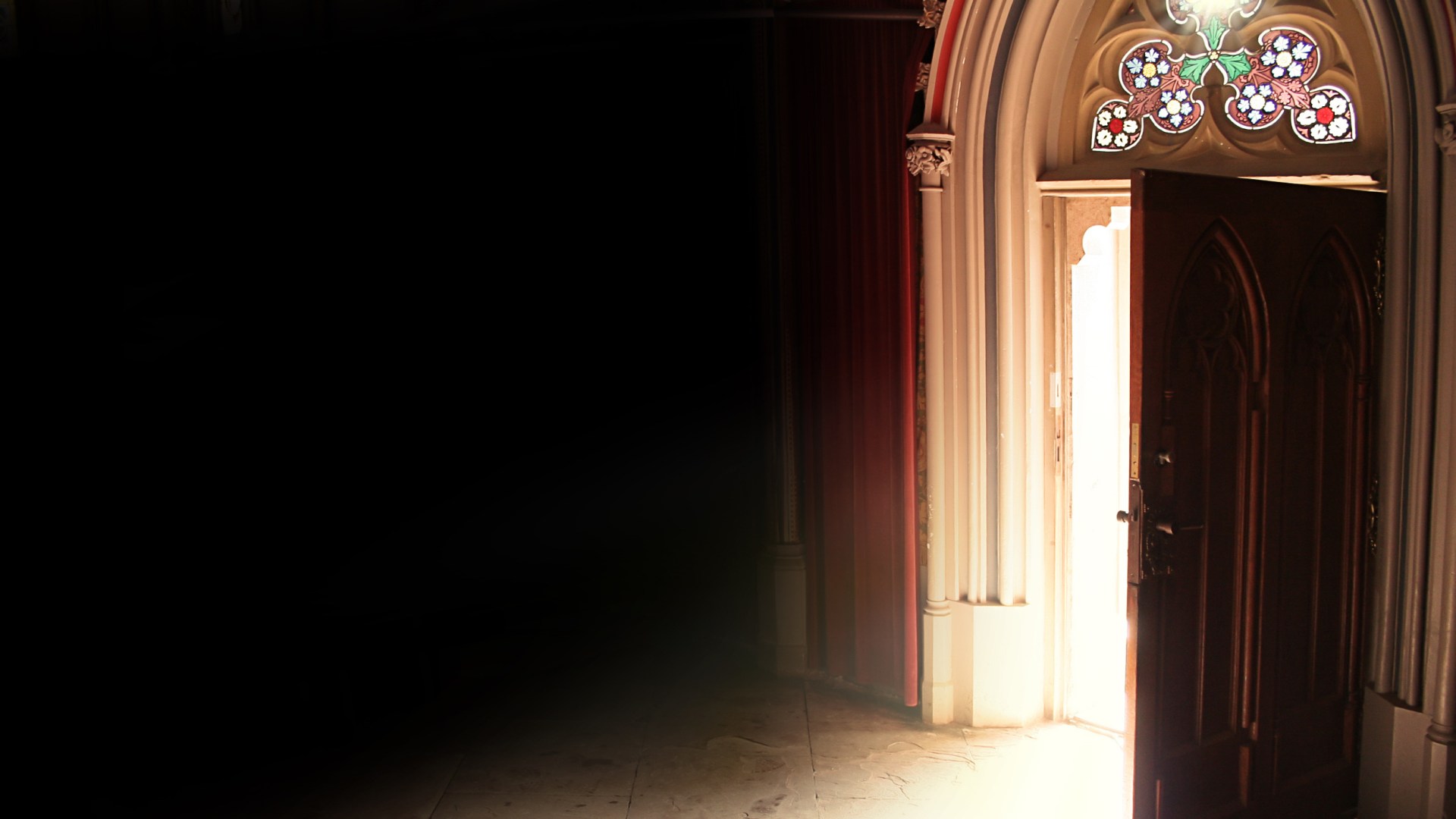I was five years old when a white church leader called me the n-word.
Hoping to expand our cultural horizons, my parents had enrolled my siblings and me in a Vacation Bible School at a predominantly white church in our San Francisco suburb. Midway through the week, my brother and I became so engrossed in our game of tetherball that we failed to hear the teacher calling us to return to the classroom. Exasperated, she yelled at the top of her lungs, “Get in here, niggers!”
I had never heard the word before. But as the only non-white kids in the VBS program, my siblings and I instinctively knew that it referred to our blackness. I lowered my head and ran back to the classroom, feeling unwanted and unsafe.
This was the first of many times that the white church has dishonored the image of God in me as a black person, resulting in feeling unwanted and unsafe within white church walls. It was also the memory that immediately came to mind on June 17, when a white gunman entered Emanuel African Methodist Episcopal (AME) Church in Charleston, South Carolina, and killed nine congregants, including senior pastor Clementa Pinckney.
Because of this early experience, I have long believed that white churches are not safe spaces for black people. Over the course of my lifetime, I have been treated like a mascot, encountered astounding cross-cultural incompetence, faced unambiguous prejudice, and been silenced. That’s why the attack on Emanuel was so disturbing: it communicated that black people are not safe even in our own churches. The trauma is exacerbated by the fact that the black church was created to be a haven for black people.
The historic black church was established to protect black people from the anti-black racism that’s part of the DNA of the white American church. Dating back to the days of slavery, white ministers preached oppression and racial hierarchy to their black congregants by focusing on Paul’s epistles and avoiding the teachings of Jesus. As theologian and pastor Howard Thurman noted, “It was dangerous to let the slave understand that the life and teachings of Jesus meant freedom for the captive and release for those held in economic, social, and political bondage.” The white-led church was a headquarters for black subjugation, birthing a legacy of racial inequality that has long shaped white Christianity.
“The AME denomination was founded as a protest against racism,” said Yolanda Pierce, Princeton Theological Seminary’s Elmer G. Homrighausen Associate Professor of African American Religion and Literature and director of its Center for Black Church Studies. Speaking recently of the AME Church, she said, “The black church itself was birthed as a sanctuary from white violence.” In this way, the black church formed its own enduring legacy, one that actively sought to protect and liberate black people from discrimination.
These dueling legacies have continued. While many black churches were leading abolitionist and anti-lynching efforts in the 19th century, and the civil rights movement in the 20th century, white churches overwhelmingly maintained the status quo of racial inequality and actively resisted change. Today, in the midst of the Black Lives Matter movement, which is galvanizing change far beyond the United States, the most recent Public Religious Research Institute data show that white evangelical Protestants are the only major religious group in which a majority doesn’t see the need for such a movement. Indeed, more than six in ten white evangelicals say that police officers treat blacks and whites equally. And close to six in ten say the recent police killings of black Americans are isolated incidents that are not indicative of an anti-black society.
How can churches filled with people who refuse to acknowledge that racism is still a problem possibly honor the image of God in the black people who darken their sanctuary doors?
Until that acknowledgement and honoring happen, the black church will be a necessary place of refuge and resistance—a place where black Christians like me can encounter a God and community that labor for equality and seek to restore the racial identities that have been cursed both inside and outside the broader church.
In the wake of the terrorist attack on Emanuel AME, I hope the white church will choose to reject its legacy and stand with its black brothers and sisters. But no matter what, the black church will remain a beacon and a refuge for the black people of God.
Christena Cleveland is associate professor of the practice of reconciliation at Duke University’s Divinity School, where she also directs the Center for Reconciliation.










